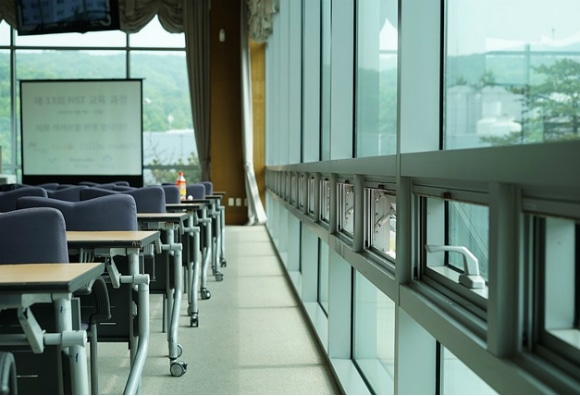Plumbing
The plumbing sector offers plenty of scope for specialism and advancement. Plumbers are involved with the installation and repair of various household systems, namely the sanitation units (toilets, sinks and baths), heating systems (radiators and boilers) and ventilation appliances (air conditioning).
What is plumbing?
The work itself can focus on anything from routine boiler checks and the servicing of various household appliances, to conducting repair work and designing entire household plumbing systems.
Depending on whether they work in homes, industrial or commercial locations, they are likely to: install water supplies, heating systems and drainage; find faults in systems or equipment and repair them; service gas and oil-fired central heating systems, boilers and radiators; install and fix domestic appliances like showers, cooker, gas fires and washing machines; service air-conditioning and ventilation units; attend emergency call-outs to fix leaks, for example during cold weather; fit weather-proof materials, joints and flashings to roofs, chimneys and walls.
On all jobs, plumbers use hand and power tools, which may include welding equipment.
Specialist plumbers
Some plumbers are specially trained to install and fix gas appliances, while others might work in industrial buildings on things like air-conditioning and extraction systems. Plumbers can even develop an area of specialism and work in the ship, chemistry and gas industries. An experienced plumber might even specialise in sheet metal work for industrial, commercial or historical buildings.
A plumber could be working on brand new houses, or on older properties in need of re-installation, they might even work on major projects at larger sites, such as schools, hospitals and factories.
Plumbing work also involves providing general advice and quotes for clients and sometimes working closely with builders and other building services professionals.
Plumbing apprenticeships
School leavers wanting to work in plumbing could do an Intermediate Apprenticeship (Level 2) in a relevant role after taking GCSEs, and then go onto an Advanced Apprenticeship (Level 3), learning the trade and earning a salary at the same time.
On the Advanced Apprenticeship, your skill base will broaden and you’ll be able to enter the profession at a higher level. For example you will able to complete and oversee work to install, service, maintain and commission.
School leavers interested in this industry could also look at the various courses on offer at further education colleges.

.jpg)

